15 Foods That Naturally Lower Your Bad Cholesterol (and What to Avoid)
Your cholesterol numbers don’t just appear out of thin air—they reflect a story told by your daily choices. Whether you’re keeping a watchful eye on your LDL (“bad”) cholesterol, hoping to give your heart a fresh start, or simply aiming to age vibrantly, thoughtful eating holds powerful possibilities. The great news? Lowering bad cholesterol isn’t about banishing flavor, following impossible rules, or denying yourself the foods you love. It’s about learning which foods quietly work for you behind the scenes—fiber-rich bowls at breakfast, a handful of nuts in the afternoon, a juicy apple on your walk—and leaning into the kind of eating that nourishes, satisfies, and supports you. You don’t need a chef’s budget or a long list of supplements. Real foods from any neighborhood grocery store, especially when swapped for heavily processed options, can have a profound impact. In this guide, we’ll spotlight 15 delicious, accessible choices that naturally help lower bad cholesterol, each backed by research and filled with approachable ways to put them into practice. And because clarity is caring, you’ll also find practical tips on which foods are best kept as rare treats. Think of this as your friendly, judgment-free map to heart-healthy eating—one step, meal, or grocery cart at a time.
1. Oats
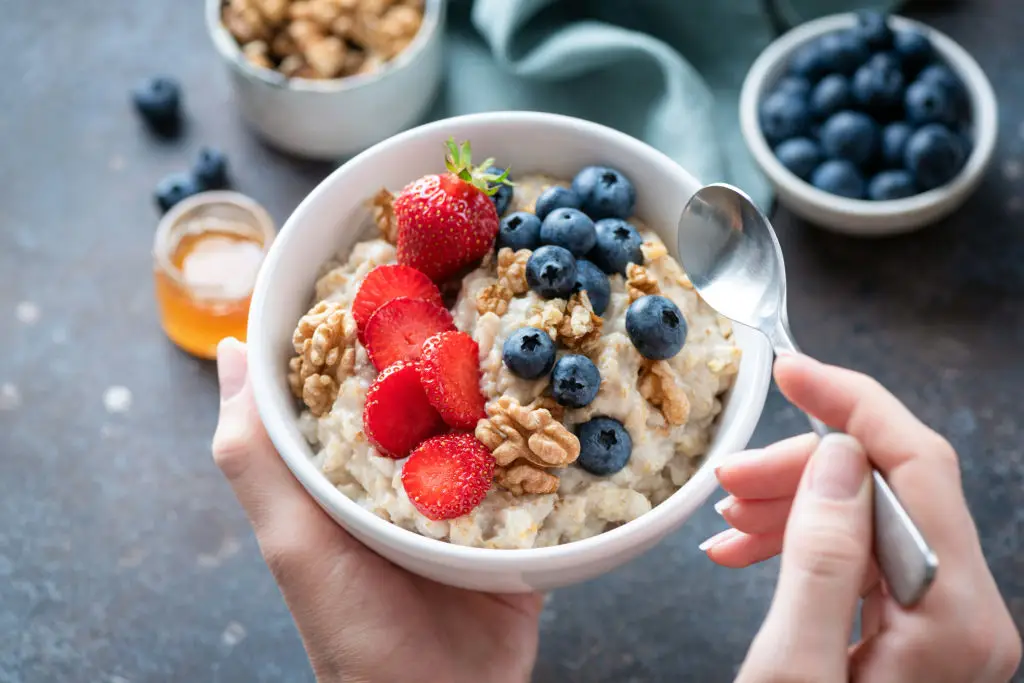
Oats are more than just a cozy breakfast—they’re a powerhouse when it comes to heart health. Packed with soluble fiber (about 2 grams per half-cup of cooked oats), they intercept cholesterol in your digestive system, binding it before it ever reaches your bloodstream. This type of fiber, called beta-glucan, has been shown in countless studies to help lower LDL cholesterol when eaten daily. Many health professionals, including those at the National Lipid Association, recommend aiming for 5-10 grams of soluble fiber a day, making a classic bowl of oatmeal a strong start. The beauty of oats? They’re affordable, quick to prepare, and endlessly adaptable. Stir in apples or berries for sweetness, top with a sprinkle of walnuts, or try making overnight oats if mornings feel rushed. Whether you prefer old-fashioned, quick-cooking, or steel-cut, the fiber stays the same. Swap out that pastry for a hearty oats-based breakfast and let this simple habit gently nudge your cholesterol numbers in a better direction—no fussing or perfection needed.
2. Barley
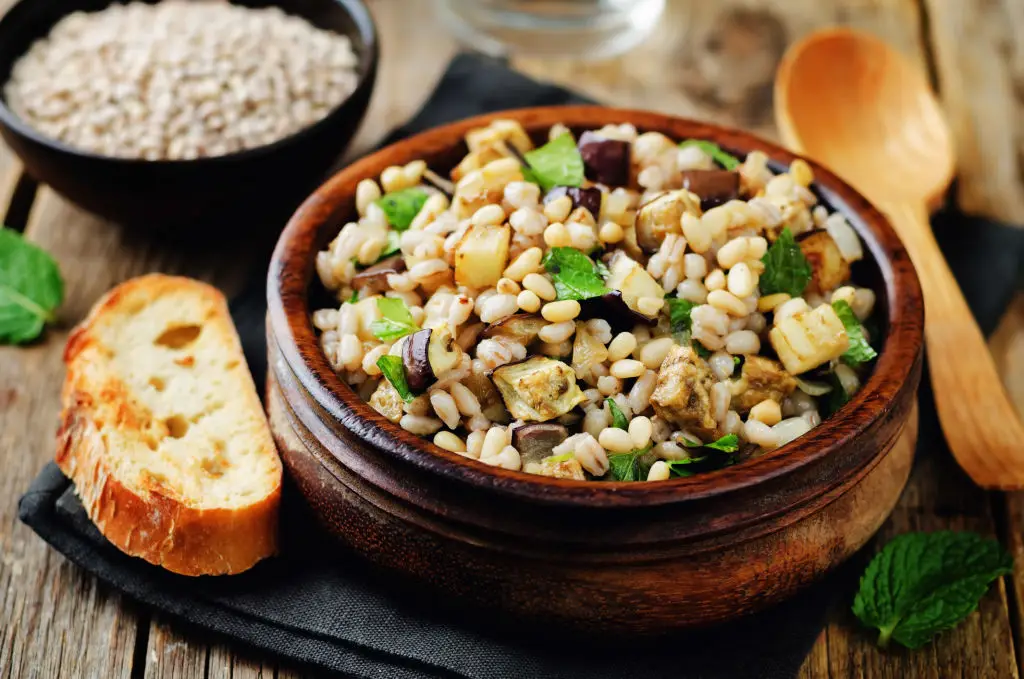
Barley might not be a daily staple for everyone, but this ancient grain is quietly earning a reputation as a cholesterol-lowering superstar. The magic lies in its high concentration of beta-glucan, the same soluble fiber found in oats. Just one cup of cooked barley contains around 3 grams of soluble fiber, making it an excellent choice for supporting lower LDL cholesterol. Unlike oats, barley’s chewy texture holds up beautifully in soups, salads, or as a side dish. It’s easy to toss cooked barley in a mason jar salad for your lunch or add it to a nourishing veggie soup. On top of its heart-healthy reputation, barley is affordable and widely found in most US grocery stores. Experimenting with pearl or hulled varieties means you can pick what fits your cooking schedule and taste buds best. For those seeking gentle, sustainable dietary changes, slipping barley into familiar meals is a subtle way to help your heart without overhauling your entire diet.
3. Beans (Black, Kidney, Navy, Lentils)
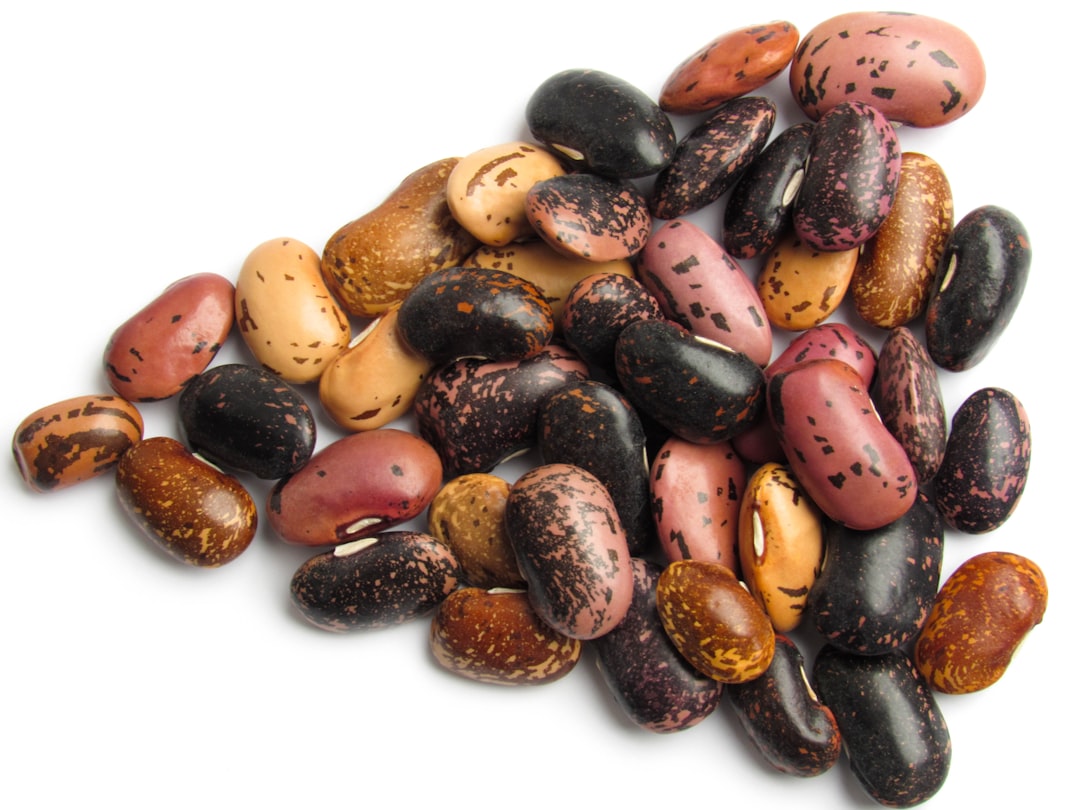
Beans are often celebrated for their role in plant-based eating, but their cholesterol-lowering abilities deserve extra applause. These humble legumes—whether black, kidney, navy, or lentil—are packed with soluble fiber and plant-based protein. According to The Journal of Nutrition, one daily serving can meaningfully reduce both LDL and total cholesterol. What makes beans so approachable is their versatility. Toss them into salads, simmer in soups, blend into dips, or spoon them into wraps for a hearty meal. They’re affordable, shelf-stable, and accessible just about anywhere in the US. Beans work not just by binding cholesterol but also by keeping you feeling full, making those less-healthy snacks less tempting. Plus, with creative seasoning or a squeeze of lime, they fit seamlessly into cuisines from Southwestern to Mediterranean—no fancy skills required. Taking that small leap to add more beans isn’t about restriction—it’s a flavorful invitation to support your heart with every bite.
4. Apples
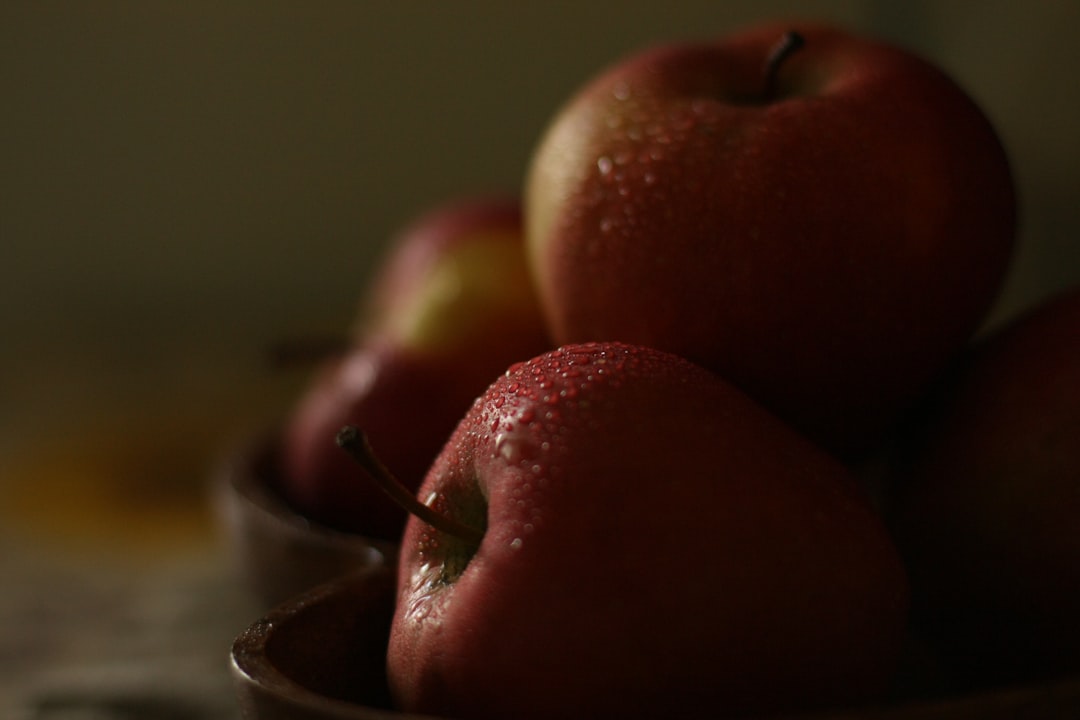
They say an apple a day keeps the doctor away, and there’s science behind that old wisdom—especially for cholesterol. Apples are rich in pectin, a type of soluble fiber known to bind cholesterol in the gut and help remove it from the body. Several studies have linked regular apple consumption with lower LDL cholesterol levels, making this fruit an easy, tasty addition to any routine. The simplicity is perhaps their greatest strength. Slice one for a snack, toss a few pieces into your morning oats, or pair with almond butter for a satisfying treat. Apples are available year-round and rarely break the bank, which means these heart-friendly benefits are always within reach. Don’t worry about chasing the trendiest varieties; all apples deliver that cholesterol-busting fiber. It’s the consistency over time—rather than any magic brand—that truly makes a difference for your heart.
5. Berries (Blueberries, Strawberries, Raspberries)
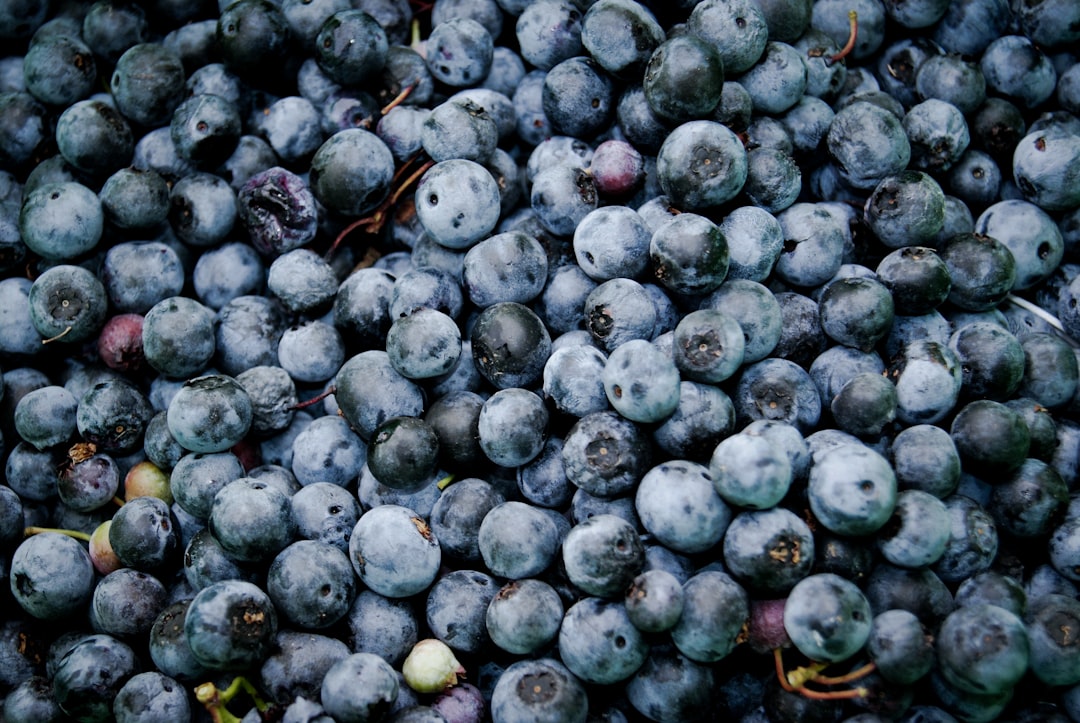
Bright, juicy berries aren’t just delicious—they come packed with antioxidants and fiber that work to lower bad cholesterol. Blueberries, strawberries, and raspberries all deliver a powerful punch, especially when enjoyed regularly. Their soluble fiber binds cholesterol and helps usher it out of your body, while natural antioxidants protect your arteries from damage. Aim for a cup a day, whether in smoothies, yogurt, or as a sweet salad topper. Berries can sometimes be pricey when out of season, but frozen mixes offer the same benefits at a fraction of the cost (and with zero prep!). Their gentle sweetness also means you can use them to satisfy cravings without leaning on added sugars. Embracing berries is a joyful, colorful step—proof that taking care of your heart doesn’t have to feel restrictive or dull.
6. Avocados
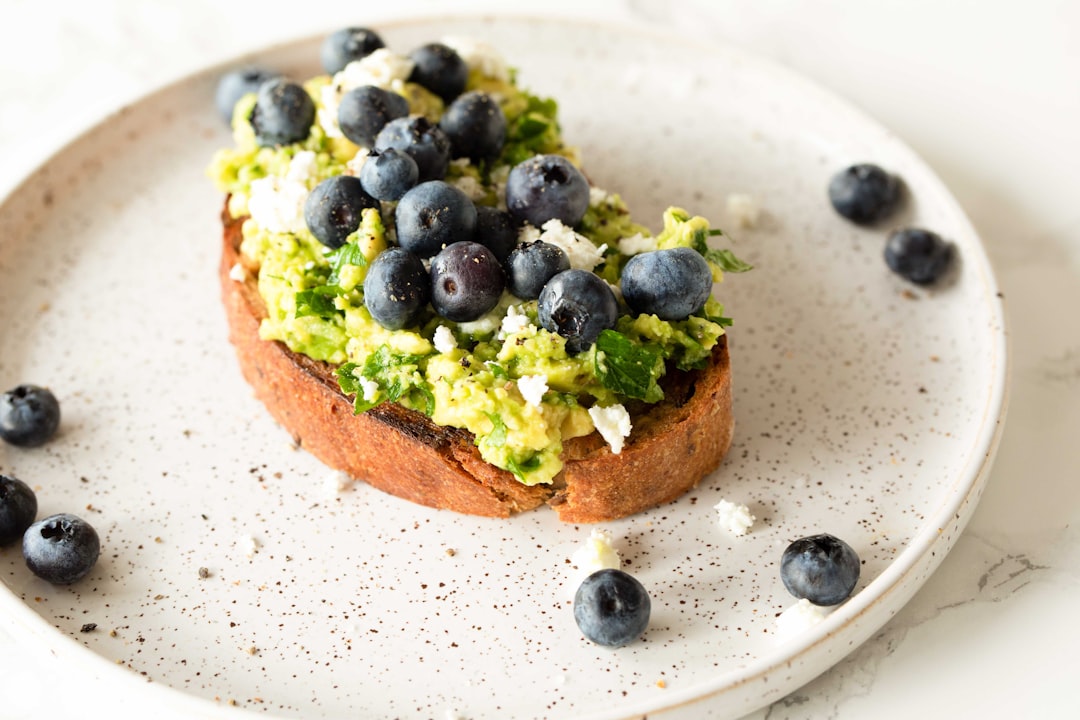
Avocados have burst onto the wellness scene, and for cholesterol, it’s for good reason. They’re rich in heart-healthy monounsaturated fats, which help improve LDL/HDL ratios—raising the “good” cholesterol while lowering the “bad.” Clinical studies back this up, showing that a daily serving (about half an avocado) can nudge cholesterol numbers in the right direction. Their creamy texture makes them an easy addition: slice onto whole-grain toast, mash for guacamole, or layer into sandwiches. And the bonus? Avocados contribute satisfying fullness that can help cut back on less nourishing snacks. For those on a budget, look for sales or choose smaller avocados, as all sizes contain the beneficial fats. If you’re new to this trendy fruit, start small—your heart (and taste buds) might just thank you.
7. Fatty Fish (Salmon, Mackerel, Tuna)

If there’s a golden standard for heart-loving protein, it’s fatty fish like salmon, mackerel, or tuna. These fish are swimming with omega-3 fatty acids, which not only lower triglycerides but also help soften arteries and reduce inflammation—a triple win for cholesterol health. The American Heart Association recommends at least two 3.5-ounce servings per week, which is easy to meet with simple recipes: grilled salmon, canned tuna salads, or baked mackerel. For those new to fish, try milder types or start with easy canned varieties. Omega-3s do the heavy lifting here, making each serving a small, gentle act of self-care. If fresh fish is out of reach, frozen or canned can work just as well, keeping this heart-protective habit accessible for all.
8. Walnuts
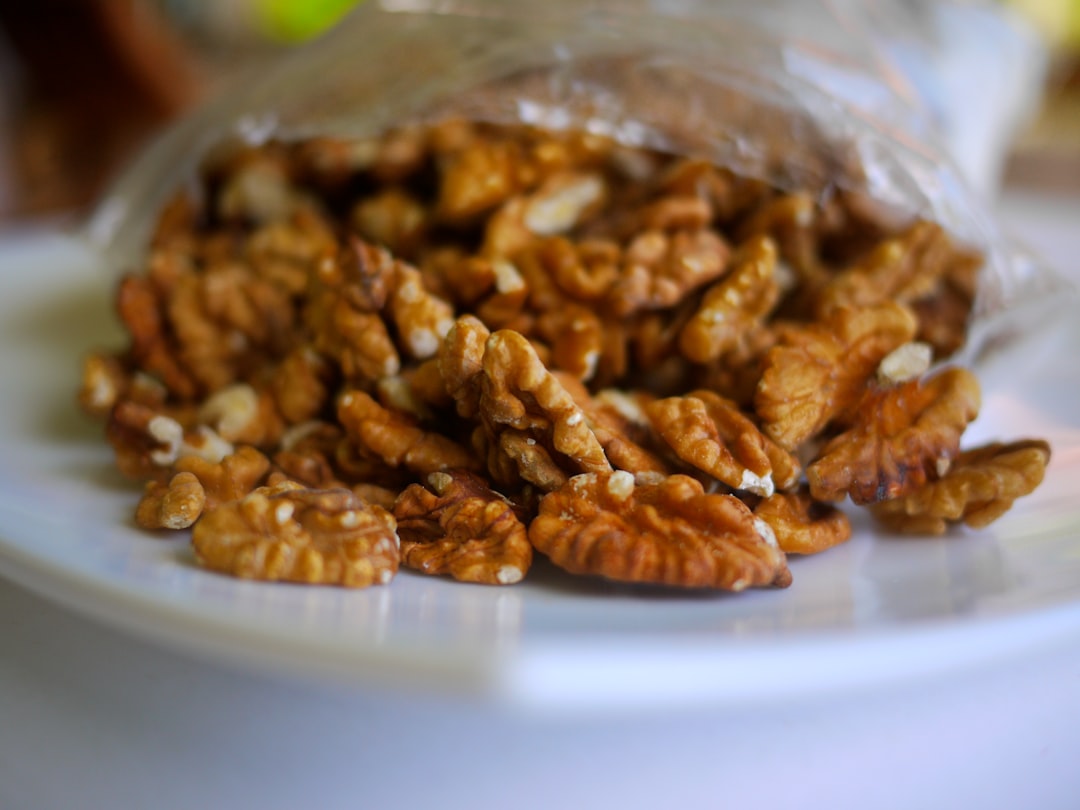
Walnuts don’t just add crunch to oatmeal or salads—they actively participate in lowering bad cholesterol. Research consistently shows that a daily, moderate serving (about a small handful or 1 ounce) of walnuts can reduce both LDL and total cholesterol. Their secret weapon? An abundance of healthy fats and plant compounds that support better lipid balance. Walnuts are also full of antioxidants, which offer extra heart protection. They work well as a snack, sprinkled over breakfast bowls, or even baked into healthy muffins. While nuts can be calorie-dense, they also pack a lot of satisfaction, so a mindful portion is all you need. Choosing walnuts doesn’t mean major life changes—just an easy, nourishing swap that can nudge your heart health in the right direction.
9. Almonds
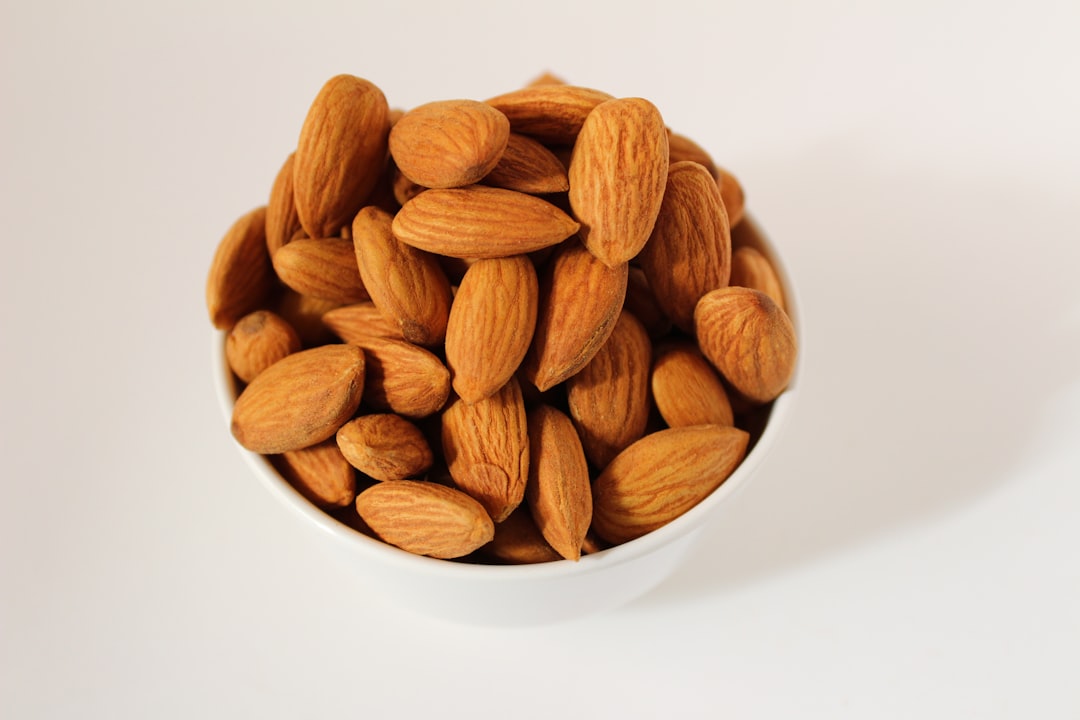
Almonds offer a two-for-one deal: they’re both heart healthy and handy for snacking on the go. Like walnuts, almonds are rich in unsaturated fats and fiber, with large studies linking regular intake to lower LDL and total cholesterol. Aim for a handful a day (about 23 whole almonds or 1 ounce), whether eaten plain, sprinkled on salads, or mixed into yogurt. Almonds are widely available in US stores—pre-portioned packs can help prevent mindless munching. If the cost is a concern, buying in bulk and storing them in the freezer helps stretch your grocery dollar. No need to be fancy; the main power lies in consistency and portion, not gourmet preparation. Make almonds your default snack and enjoy the heart-protective effects with every crunch.
10. Soy Foods (Edamame, Tofu, Tempeh)
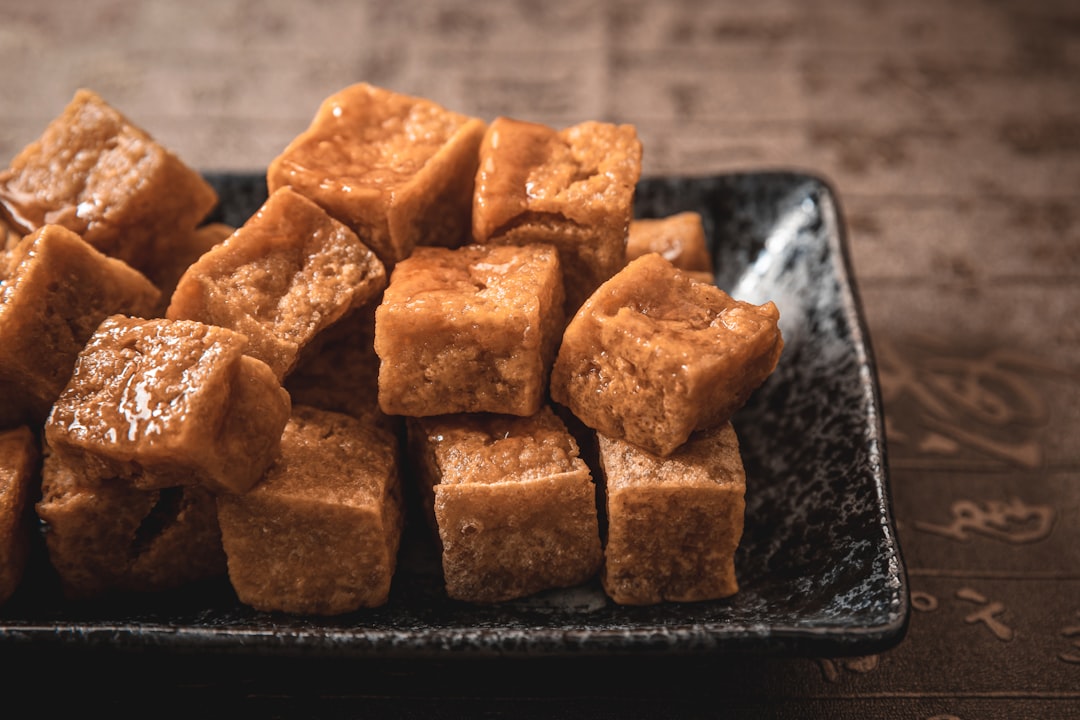
Soy foods like edamame, tofu, and tempeh are more than just staples for vegetarians—they’re evidence-backed champions for heart health. Studies find that plant proteins from soy can lower LDL cholesterol, especially when they’re swapped in for animal proteins like beef or pork. Try steamed edamame as a snack, toss tofu into stir fries, or crumble tempeh into tacos for a new twist. US grocery stores now carry a wide variety, so adding soy to meals has never been easier. Concerned about flavor? Soy soaks up spices and sauces beautifully, giving you plenty of room to get creative without feeling like you’re eating “diet” food. Even small, occasional swaps from animal-based to soy-based can make a measurable difference for your cholesterol and overall well-being.
11. Olive Oil
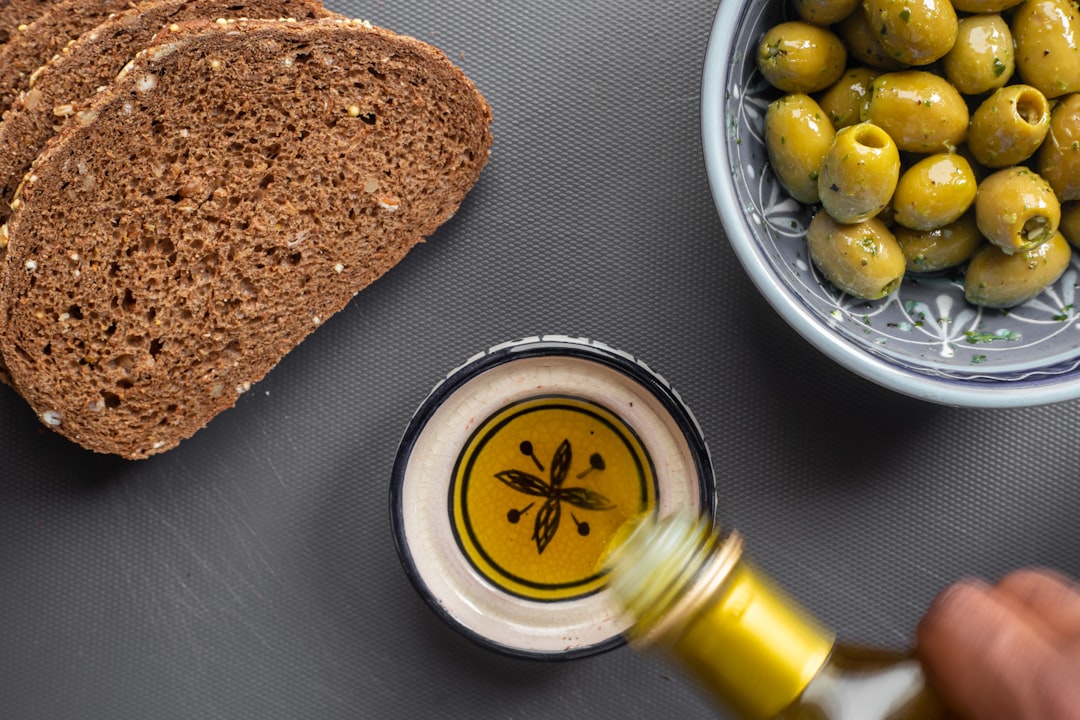
Olive oil shines as a staple of the Mediterranean diet, and for cholesterol levels, it’s near the top of the list. Rich in monounsaturated fats, olive oil helps reduce LDL (“bad”) cholesterol while supporting your body’s “good” HDL levels. Research points to tangible heart-health benefits, especially when olive oil replaces saturated fats like butter or lard. A healthy daily amount is about 2 tablespoons, ideal for drizzling on salads or roasting veggies. Look for extra-virgin types, which retain more beneficial plant compounds. Real olive oil has a peppery bite—so if you notice that, you’re getting the heart-loving version. Upgrading your cooking oil might sound simple, but it’s the kind of everyday change that adds up, nurturing your heart with every meal.
12. Broccoli
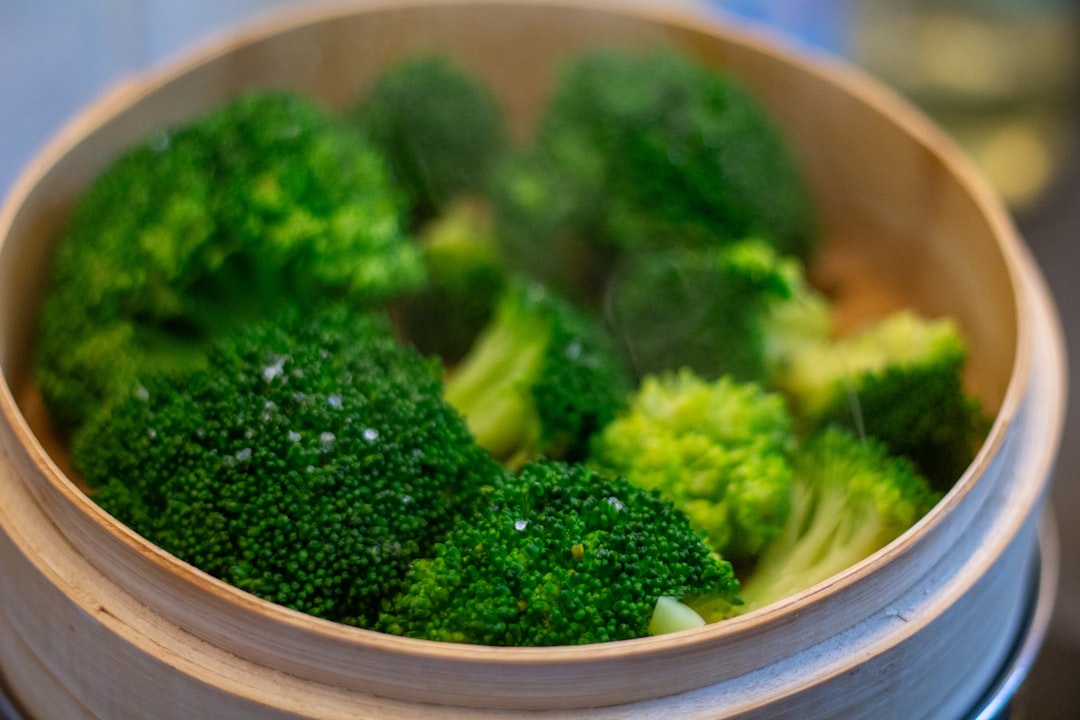
Broccoli’s reputation goes beyond childhood dinner table debates—it’s a nutritional powerhouse for your heart. Loaded with soluble fiber and antioxidants, broccoli helps sweep cholesterol from the digestive system and protects your arteries. It’s also budget-friendly, easily found fresh or frozen at any US grocery store. A cup of cooked broccoli is an easy addition to pastas, stir-fries, or roasted veggie trays, making it a practical solution for busy families and picky eaters alike. If plain steamed broccoli isn’t your favorite, a sprinkle of herbs, a squeeze of lemon, or a dash of olive oil can transform it. When it comes to cholesterol, even small servings more often are better than perfect plates once in a while. Broccoli proves that the simplest foods can still deliver gentle, lasting heart support—no drama necessary.
13. Pears
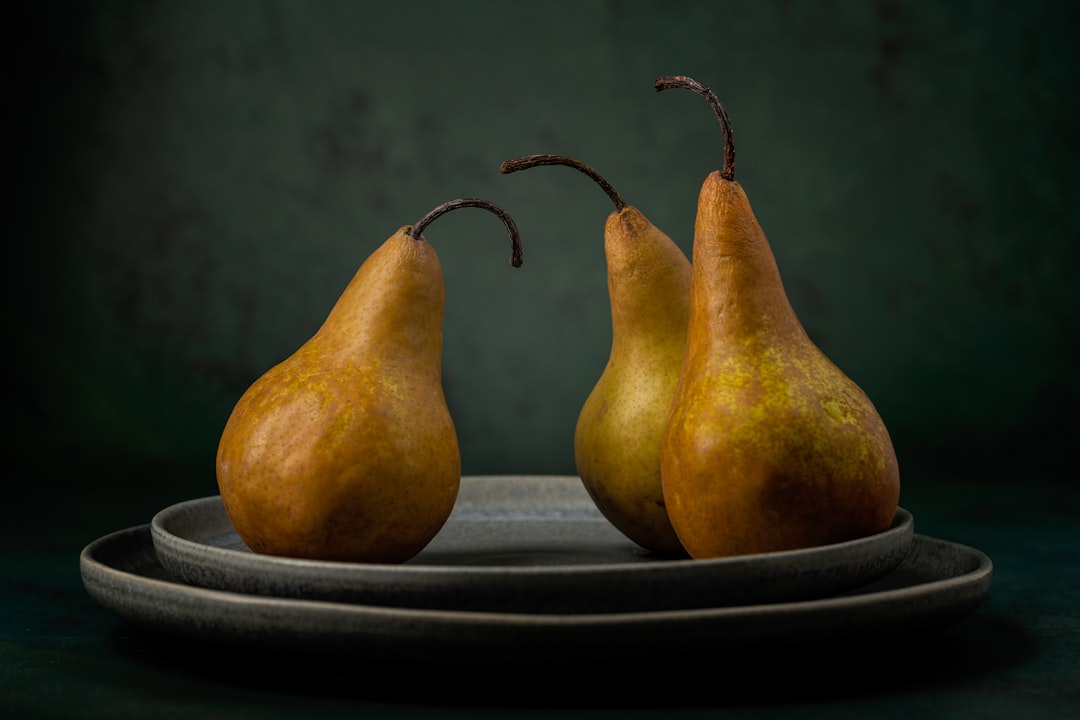
Pears have quietly earned a place on the heart-health all-star team. Their skin is packed with pectin, a soluble fiber that helps usher cholesterol out of the body, and their sweet flavor makes them an easy swap for dessert or a convenient on-the-go snack. Eating pears regularly has been shown to modestly reduce LDL cholesterol levels—especially when they’re enjoyed fresh rather than canned in syrup. Add slices to salads, chop into oatmeal, or simply enjoy one whole to maximize the fiber content. Since pears are available year-round and come in varieties for every price point, they’re a wallet-friendly, satisfying choice. Remember, consistency is key; small, regular steps like reaching for a pear can, over time, be just as transformative as bigger changes.
14. Grapes
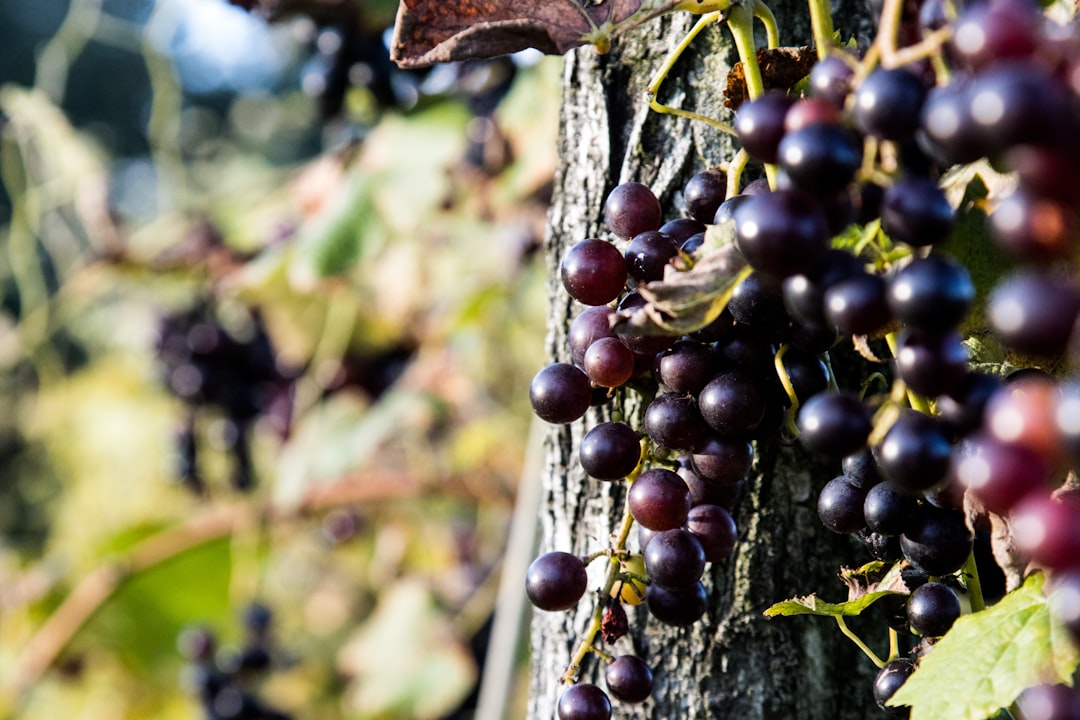
Grapes are little fruits that deliver big heart-protective benefits. Rich in polyphenols and antioxidants, grapes not only help lower LDL cholesterol but may also improve your overall cholesterol balance. Research suggests regular consumption—about a cup or so several times a week—can make a positive impact. Grapes are easy to stash in the fridge for grab-and-go snacks, lunchboxes, or salads. For the best value, buy in bulk, especially when they’re in season; freeze extras for a cool summer treat. Unlike sugary snacks, grapes satisfy with fewer calories, and their antioxidants support your body’s natural defenses against artery inflammation. Making room for grapes doesn’t mean overhauling your routine—just adding a handful here and there to gently encourage healthier numbers and even sweeter peace of mind.
15. Dark Leafy Greens (Spinach, Kale)

Spinach and kale aren’t just for trendy smoothies—they’re packed with fiber and antioxidants that defend your heart on multiple fronts. These dark leafy greens help your body process cholesterol more efficiently, and their nutrients shield your blood vessels from everyday damage. Even modest servings (about a cup daily, whether raw or cooked) can nudge LDL cholesterol downward when eaten consistently. Add spinach to scrambled eggs, blend kale into soups, or swap them for iceberg on sandwiches. US markets offer fresh, bagged, or frozen greens at a wide range of price points, making them accessible for nearly any budget. If you’re new to these veggies, try gentle sautés with garlic or a splash of olive oil; the small changes are often the most sustainable. When you steady your plate with dark leafy greens, you steady your heart health, too.
Foods to Avoid

While adding the right foods can nudge your cholesterol downward, it’s also wise to limit those that work against your progress. Top culprits include foods high in saturated and trans fats: processed meats (like bacon and sausage), fried foods, packaged baked goods, full-fat dairy, and many snack foods made with palm or hydrogenated oils. These items not only raise LDL cholesterol but can also undercut the benefits of all those heart-loving choices listed above. It’s not about cutting every comfort food forever—occasional treats are part of life—but making swaps like grilled chicken for processed lunch meats, using olive oil instead of butter, or choosing air-popped popcorn over chips can move you closer to your healthiest self without denial or drama. Small, consistent steps are always more powerful than perfection, and every positive switch is a kindness to your heart.
Honoring Your Heart, One Gentle Choice at a Time
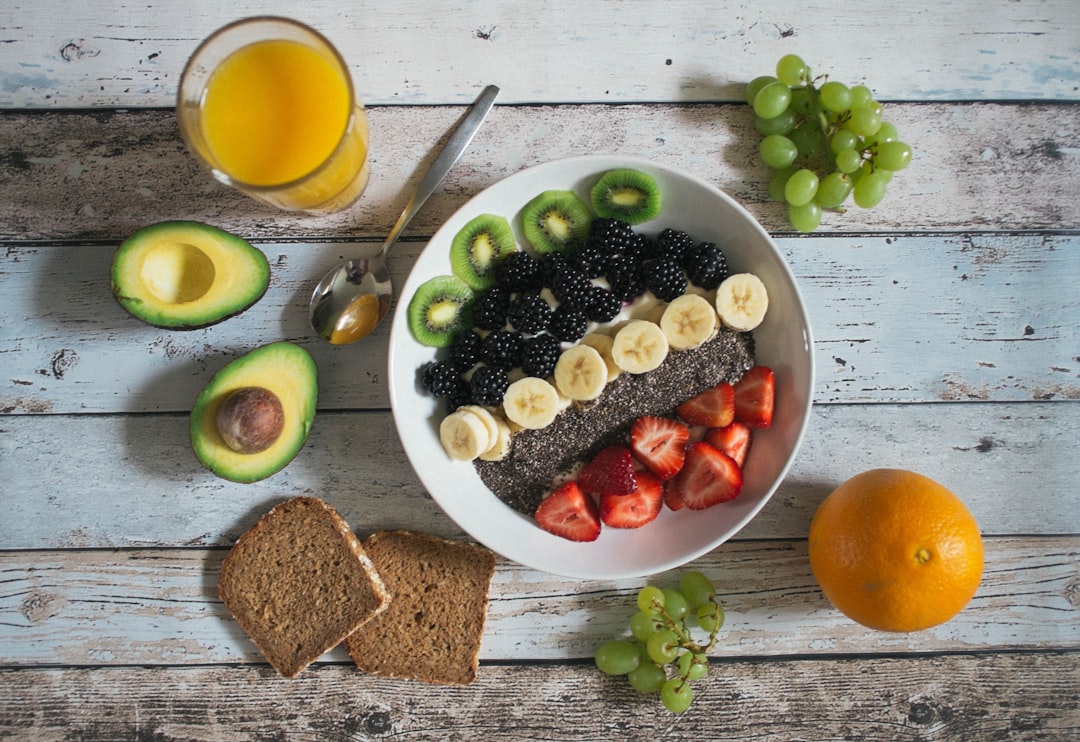
You don’t have to transform your plate overnight or chase the most exotic foods to support your cholesterol. Every small change—a handful of nuts here, a switch from white bread to oatmeal there—sends a gentle message of self-care to your heart and body. Remember, the most profound wellness journeys grow from choices that celebrate possibility and patience, not guilt or pressure. If you stumble or indulge, that’s not a failure—it’s being human. The magic is in returning, again and again, to habits that honor your well-being, years of lived experience, and unique challenges. When you fill your cart with nourishing, accessible foods and make swaps that feel realistic, you’re not just lowering numbers—you’re strengthening your future with resilience and self-respect. Your heart doesn’t demand perfection—it responds to progress, compassion, and consistency. So whether you’re just beginning or fine-tuning, trust that every gentle choice is a step toward thriving in the healthiest version of you.
